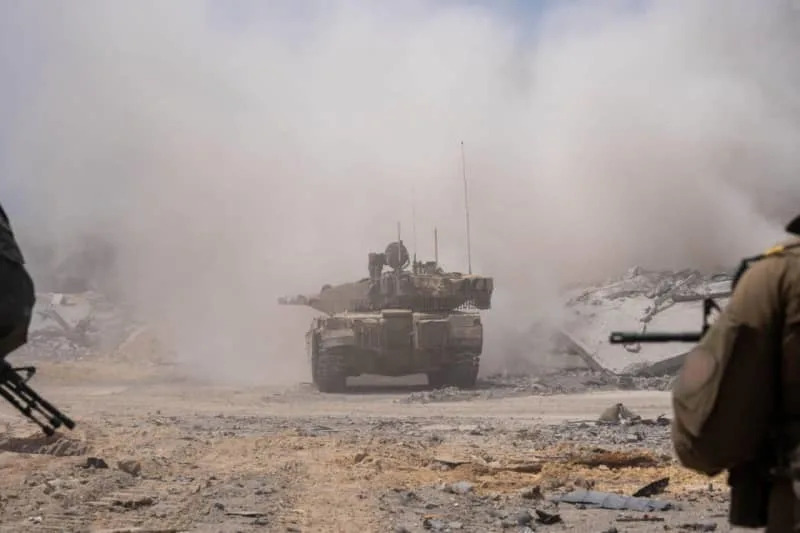Israel’s electricity infrastructure is at risk of significant disruption during wartime, according to a recent study conducted by Dr. Erez Cohen from the Department of Middle Eastern Studies and Political Science at Ariel University. The research highlights alarming vulnerabilities within the nation’s energy system, particularly due to an overreliance on natural gas, inadequate storage capacity, and excessive centralization.
The study, published in the journal Energy Sources, Part B: Economics, Planning, and Policy, indicates that Israel’s current energy setup could lead to critical outages in key facilities during emergencies. Dr. Cohen’s analysis combines quantitative data on energy production and consumption with qualitative assessments of policies from 2018 to 2024, using the most recent conflict in Gaza as a pivotal case study.
Dr. Cohen outlines four main weaknesses that threaten Israel’s energy stability:
1. **Overdependence on Natural Gas**: Approximately 70% of Israel’s electricity generation relies on natural gas sourced from the Tamar and Leviathan gas fields, which lack backup reserves. This dependency exposes the system to vulnerabilities from missile strikes, terrorism, or cyberattacks.
2. **Supply-Demand Gap**: The State Comptroller’s 2024 report warns of a potential shortage of natural gas by 2026, which could result in economic losses amounting to hundreds of millions of shekels.
3. **Lack of Storage Capacity**: Despite achieving around 12% of electricity generation from renewable sources, Israel possesses minimal storage solutions to maintain supply continuity during crises.
4. **High Centralization**: The national grid’s significant centralization poses a risk; damage to a major power station or gas platform could lead to widespread outages across the country.
In an alarming scenario, Dr. Cohen notes that critical services such as power, water, and hospitals could face energy shortages during emergencies. He stated, “In the Gaza war, we saw how our dependence on natural gas made us vulnerable. Any malfunction or hit on a central facility could paralyze the entire economy at a critical moment.”
Addressing these vulnerabilities requires decisive action from policymakers. Dr. Cohen advocates for a shift away from a centralized energy system reliant on a few offshore gas platforms, calling for a decentralized and flexible model. He suggests the implementation of local microgrids to ensure that essential services, including hospitals and water facilities, can continue to operate independently of the national grid during emergencies.
Furthermore, he emphasizes the urgent need for investment in energy storage, stating, “This isn’t an environmental luxury; it’s a national safety net. Without storage capacity, even renewable energy won’t save us in a moment of crisis.”
To enhance resilience, Dr. Cohen proposes the establishment of a comprehensive digital and security defense network. He calls for a collaborative emergency coordination unit that would include representatives from the defense establishment, the Energy Ministry, and the Cyber Authority, ensuring real-time management of the electricity sector during crises.
Dr. Cohen concludes with a stark reminder of the strategic importance of electricity: “We tend to think of electricity as a consumer product, but in reality, it’s a strategic weapon. If we don’t ensure backup, storage, and decentralization, we may find ourselves in the dark, precisely when we need the light the most.”
The findings of this study underscore an urgent call for reform in Israel’s energy policies, highlighting the need for immediate action to safeguard the nation’s electricity supply in times of crisis.







